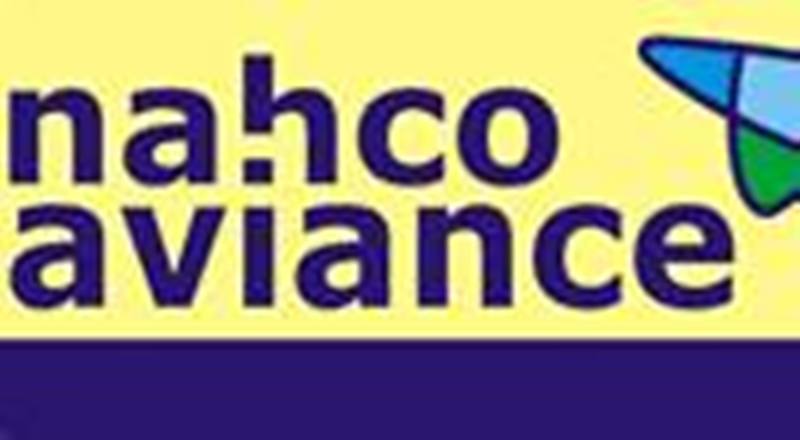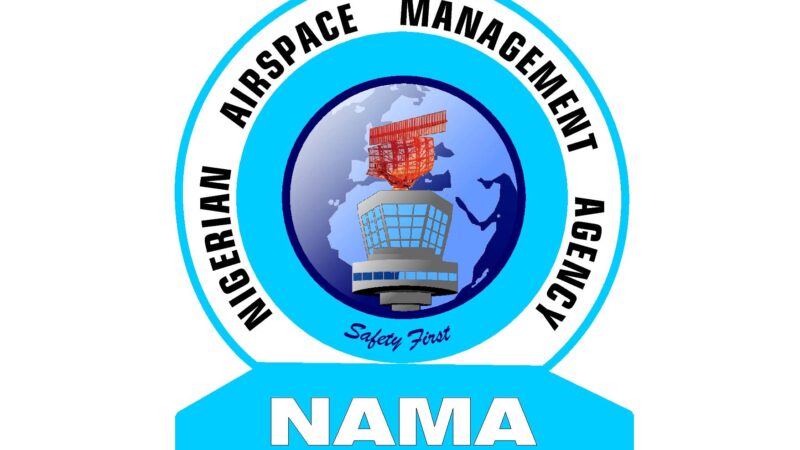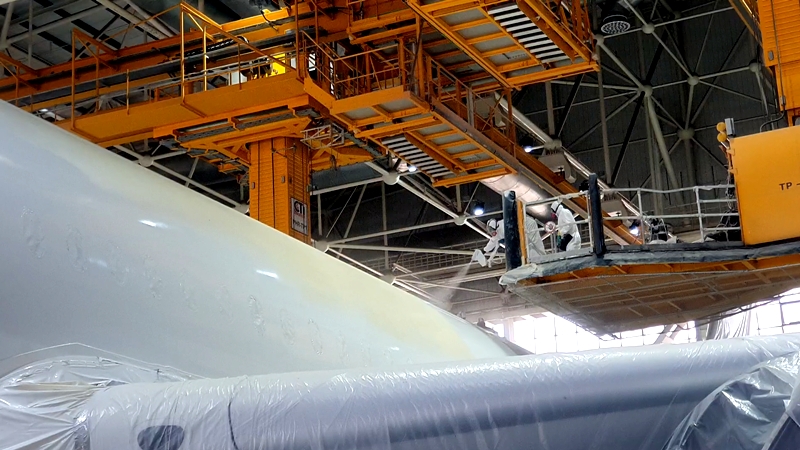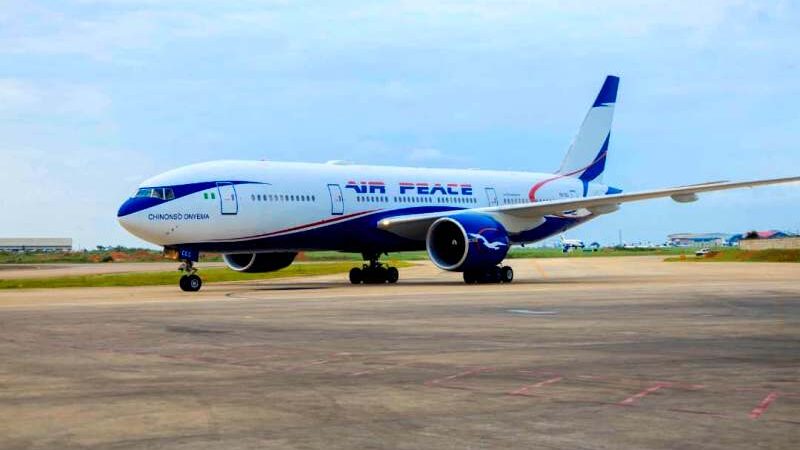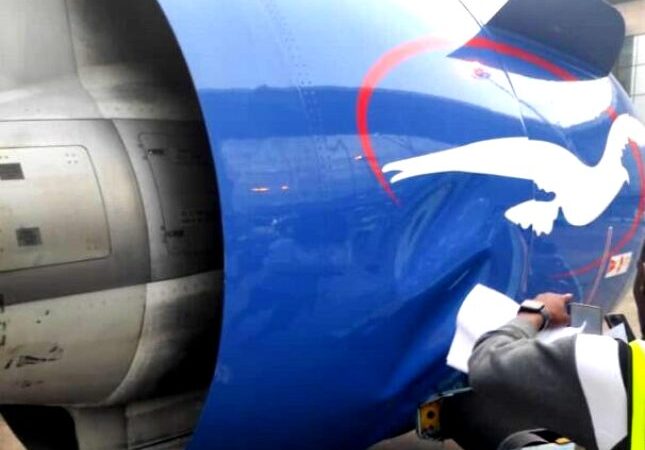Hawker 800XP Aircraft Incident: Crew Were On Duty For 17 Hours, 10 Minutes
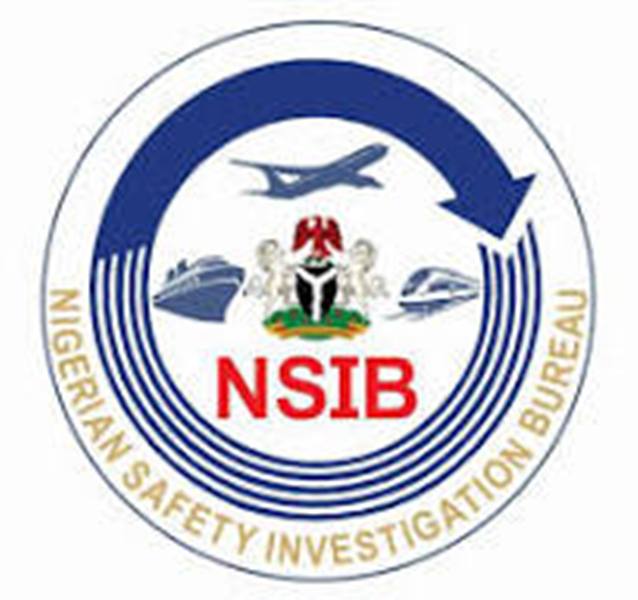
The draft final report released by Nigerian Safety Investigation Bureau (NSIB)on the serious incident involving a Hawker 800XP aircraft operated by Aero Tak Limited with nationality and registration marks 5N-JEF which occurred at Nnamdi Azikiwe International Airport Abuja, Nigeria on July 10, 2023 reveals that the crew were on duty for 17 hours and 10 minutes on the day of the occurrence.
According to the report, causal factor was “failure to maintain directional control of the aircraft after touchdown following an un-stabilized approach,” while contributory factors were “inadequate speed management during the execution of the approach” and “Get-home-itis/Press-on-itis” syndrome.”
NISB’s safety recommendation was that “the Nigeria Civil Aviation Authority should ensure that Aero Tak Limited complies with the provisions of Nig.CARs (2023) 8.14: Corporate Aviation in Fatigue Management Programme as part of its Operations Manual.”
Findings from the investigation were that “The pilots were certified to conduct the flight. The PF was checked out and upgraded to the command position of HS-125/800XP on 15 June 2023 and has since acquired about 65 hours on type. The Captain was the Pilot Flying (PF), and the First Officer was the Pilot Monitoring (PM). The aircraft had a valid Certificate of Airworthiness. The aircraft was retrofitted with a Flight Data Recorder (FDR) and Cockpit Voice Recorder (CVR) to satisfy regulatory requirements.
The CVR contained relevant portions of the flight that were not captured on the FDR. The FDR underwent its annual readout on 01 June 2022 at Express Aviation Support International Limited, Luton, United Kingdom. 5N-JEF operated under a Permit for Non-Commercial Flight. The crew commenced flight operations at 06:30 h and terminated at 22:05 h with a total of eight (8) sectors and a cumulative flight time of seven (7) hours. 5N-JEF established contact with Abuja Approach Control (APP) and was cleared ILS approach Runway 22. The crew executed a high-speed descent manoeuvre below FL 100. The calculated approach speed by the crew before descent was 133 kts.
5N-JEF touched down runway 22 with a ground speed of 140 kts. On landing Runway 22, the aircraft veered to the left of the centre line around link A2 and excursed to the left paved portion of the runway shoulder. 5N-JEF re-entered the active runway 186 m from the exit point as it veered to the right.”
The Nigerian Airspace Management Agency (NAMA) had notified the NSIB of the occurrence on July 10, 2023. Investigators were dispatched to the site the same night and commenced post-occurrence assessments under the provisions of Civil Aviation (Investigation of Air Accidents and Incidents) Regulations 2019 and ICAO Annex 13.
On July 10, 2023, a Hawker 800XP aircraft operated by Aero Tak Limited with nationality and registration marks 5N-JEF, on a Permit for Non-Commercial Flight (PNCF), operated eight flights from Nnamdi Azikiwe International Airport (DNAA) Abuja to Gombe Airport (DNGO) between 07:00 h and 22:10 h, with a six-hour break between 11:20 h and 17:00 h after the first three flights to Gombe.
“At 22:03:50 h, 5N-JEF touched down on the runway with a ground speed of 140 kt, as indicated on the radar scope. On landing, the aircraft veered to the left of the centre line around link A2 and excursed to the left paved runway shoulder, beyond the runway edge lights. The aircraft re-entered the active runway 186 m from the exit point and veered to the right, stopped making a 140° turn to a magnetic heading north. Both tyres of the left Main Landing Gear were damaged. At 22:04:09 h, before the call by Tower, the PM commented “fatigue”. The passengers disembarked normally without injury. The incident occurred at (22:04 h) in Instrument Meteorological Condition (IMC).”
Organizational factors observed were that “the crew conducted a total of eight flight sectors, accumulating seven hours of flight time. Considering the hour before resumption to the flight line and thirty minutes after, the evidence indicates that the flight crew was on split duty for six hours out of the 17-hour and 10-minute duty periods. Therefore, this time cannot be excluded from the rest period, in accordance with Nig.CARs 8.12.1.8(b)(i). The extended operations and limited time between flights likely induced stress and a desire to “get home” (referred to as get-home-itis) among the flight crew.
The aircraft operated under a Permit for Non-Commercial Flight (PNCF) issued by the Nigeria Civil Aviation Authority. However, due to the type of propulsion and the aircraft ’s weight, the provisions of Nig.CARs 8.14: Corporate Aviation Operations apply. This includes developing an Operations Manual and a Fatigue Management Programme. The operator, Aero Tak, had not developed an operations manual. This may be because Nig.CARs 8.14.2.3 mandates that the contents and structure of the Operations Manual align with Implementing Standard: Part 9 – Air Operator Certification and Administration. The operator likely interpreted these provisions to apply only to Air Operator Certificate (AOC) holders and not to PNCF. However, the wording of Nig.CARs 8.14: Corporate Aviation clearly states that the aircraft and its operations must comply with the said provisions.
This interpretation might have influenced the non-compliance with Nig.CARs 8.14.2.9: Fatigue Management Programme, as the operator, did not establish and implement a Fatigue Management Programme to address flight and duty times. Properly implementing these provisions would have enabled the operator to foresee the need to reduce the crew ’s duty time, especially on days with scheduled annual events. Solutions such as deploying an alternate crew to support the flight crew on the day of the occurrence could have helped mitigate stress or fatigue.
Requiring the Nigeria Civil Aviation Authority to enforce the proper implementation of Nig.CARs: Corporate Aviation, would resolve the operator’s misinterpretation.”

